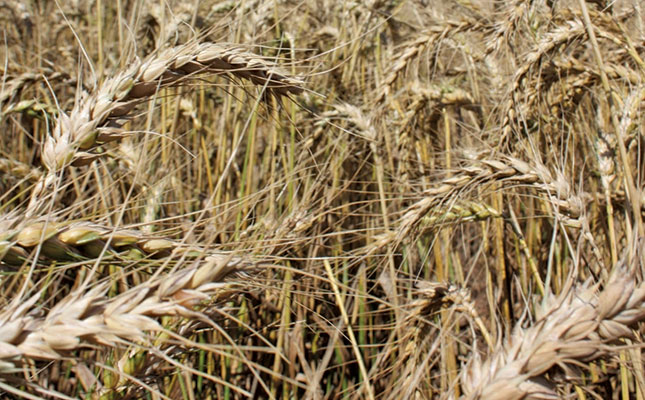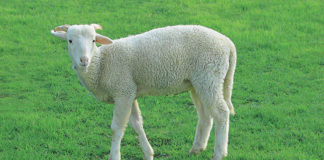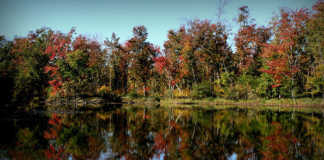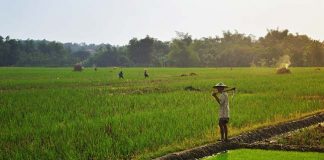
Following another year of extreme temperatures in Europe, a severe drought in Lithuania has resulted in the government there declaring a state of emergency, as drought conditions threaten to decrease this year’s harvests by up to 50%.
The hottest June in recorded history was experienced in that country this year as temperatures soared, leading to severe droughts in many farming communities.
“A state-wide emergency is being declared if the effect of the drought is exceeding the territories of three municipalities. Currently, crisis-drought has affected four areas, but the consequences are felt in the majority of Lithuania’s territories,” the Ministry of Agriculture said in a statement.
According to the ministry, it will only be possible to fully assess the impact of the prolonged drought once harvesting has been completed. However, local agricultural experts were already forecasting that crops will be severely affected.
“Farmers believe their harvests can be slashed by 40% or 50%, while fish stocks are also endangered,” environment minister Kestutis Mazeika said in a recent media interview.
Crops such as wheat, rye, rapeseed, and buckwheat would possibly experience the greatest losses, he said.
The formal declaration of a state of emergency would now allow the government to compensate farmers for some of their losses and ensure that those who had suffered crop losses would avoid EU financial sanctions should they fail to reach production goals, the statement added.
The Ministry of Agriculture further assured farmers that they would be compensated for the losses they suffered due to drought in 2018, with 8,5 million euros (about R135 million) allocated for this purpose.
“Nobody has any doubt that global climate change is behind the prolonged and more intensive dry spells and heatwaves in recent years,” Mazeika said.
Many other countries in Central Europe were also being affected by the drought, with Polish authorities declaring that varying degrees of drought conditions had put grain crops at risk in 14 of the country’s 16 regional districts.
According to the Czech Academy of Sciences, the drought was expected to affect that entire country as well, with an estimated 80% of the territory facing “exceptional to extreme drought”.













